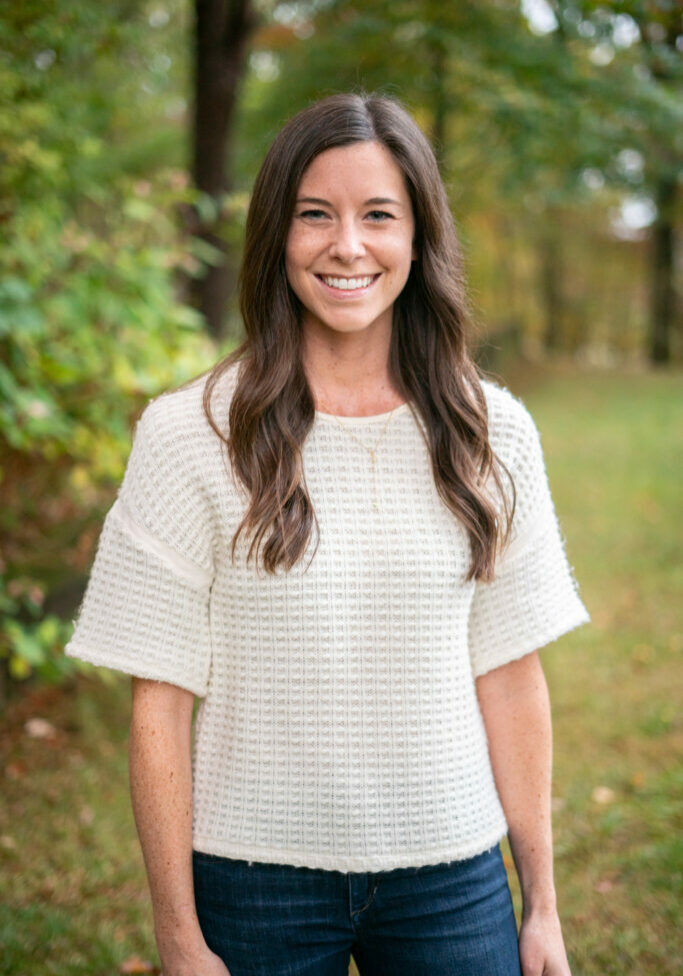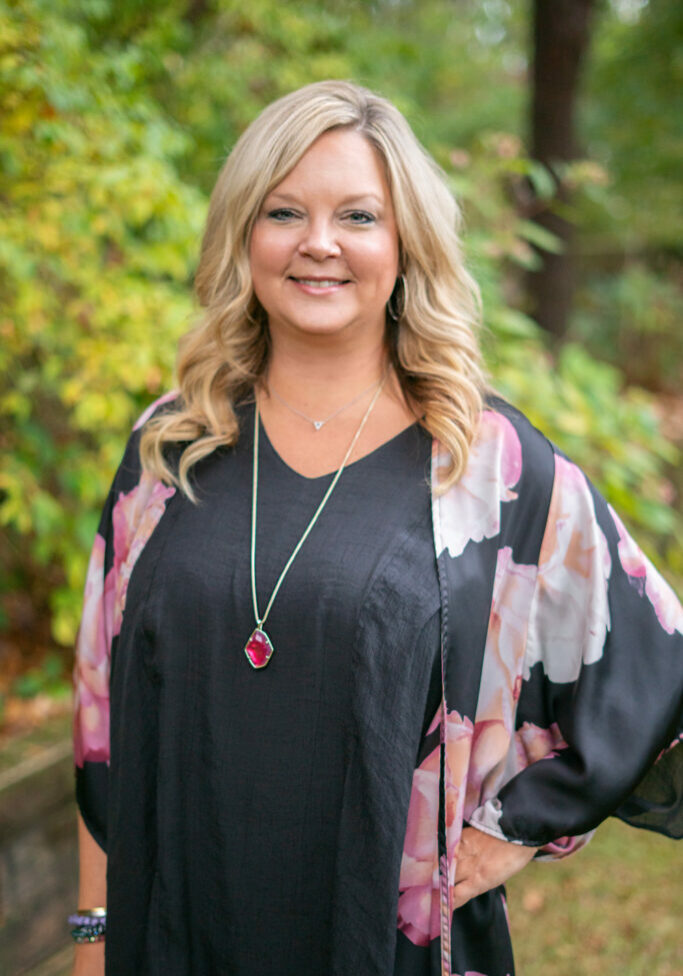Do You Have Your Winter Eye Protection?
Even if there are fewer hours of daylight in the winter, sunglasses are still important!
UV rays can do just as much harm on a snowy mountain slope as they can at the beach. While our skin is protected by layers and layers of snow gear, our eyes are still vulnerable if we aren’t being careful about eye protection.
Dry Winter Air Versus the Tear Film
In many places, winter tends to be a drier part of the year than the other seasons, and we tend to make this problem a little worse with the heaters in our cars and houses drying the air even more. If you are prone to dry eye, that gritty, uncomfortable situation is likely to be worse in the winter. You can protect your eyes from winter dry eye by using a humidifier at home and relying more on the seat warmer than the heater in the car.
Snow Blindness in a Winter Wonderland
Winter sunlight can damage our eyes in a few different ways. Without eye protection on a snowy day, it’s possible to develop a temporary condition called snow blindness, a form of photokeratitis. This can also happen to welders and indoor tanning enthusiasts when they neglect their eye protection. Skiers and snowboarders have to be particularly careful because snow can actually reflect sunlight and increase UV exposure to the eyes even more.
Symptoms of snow blindness include burning and pain in the eyes, a sensation like something is stuck in them, light sensitivity, swollen eyelids, blurred vision, watery eyes, headaches, and exaggerated glare around lights when indoors. The difficulty with snow blindness is that its effects aren’t always immediate. A skier or snowboarder could stay out on the mountainside for hours after they’ve gotten enough UV exposure to do damage, so the end result is even worse.
The Winter Athlete’s Best Friend is Snow Goggles
If you’re interested in daytime skiing during the winter, we strongly encourage you to invest in a good pair of snow goggles. They offer better coverage than sunglasses, they stay in place better, and they can fit over the top of regular glasses. They can even be made with anti-fog coatings so they won’t steam up and obscure your view.
Learn about the different options for colored lenses. It’s not just about aesthetics; the different colors actually offer different benefits for different conditions. You could also get universal lenses that work well in every condition.
Stick to Your Sunglasses This Winter
Except on the ski slopes where goggles are the better choice, UV-blocking sunglasses are important winter eye protection. Polarized lenses aren’t the best for skiing and snowboarding because they obscure the contours of the snow, but they’re fantastic pretty much everywhere else. They block the light coming in at certain angles, eliminating snow glare. Find a pair of polarized, UV-blocking sunglasses. We’re happy to point you in the right direction!













